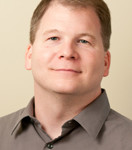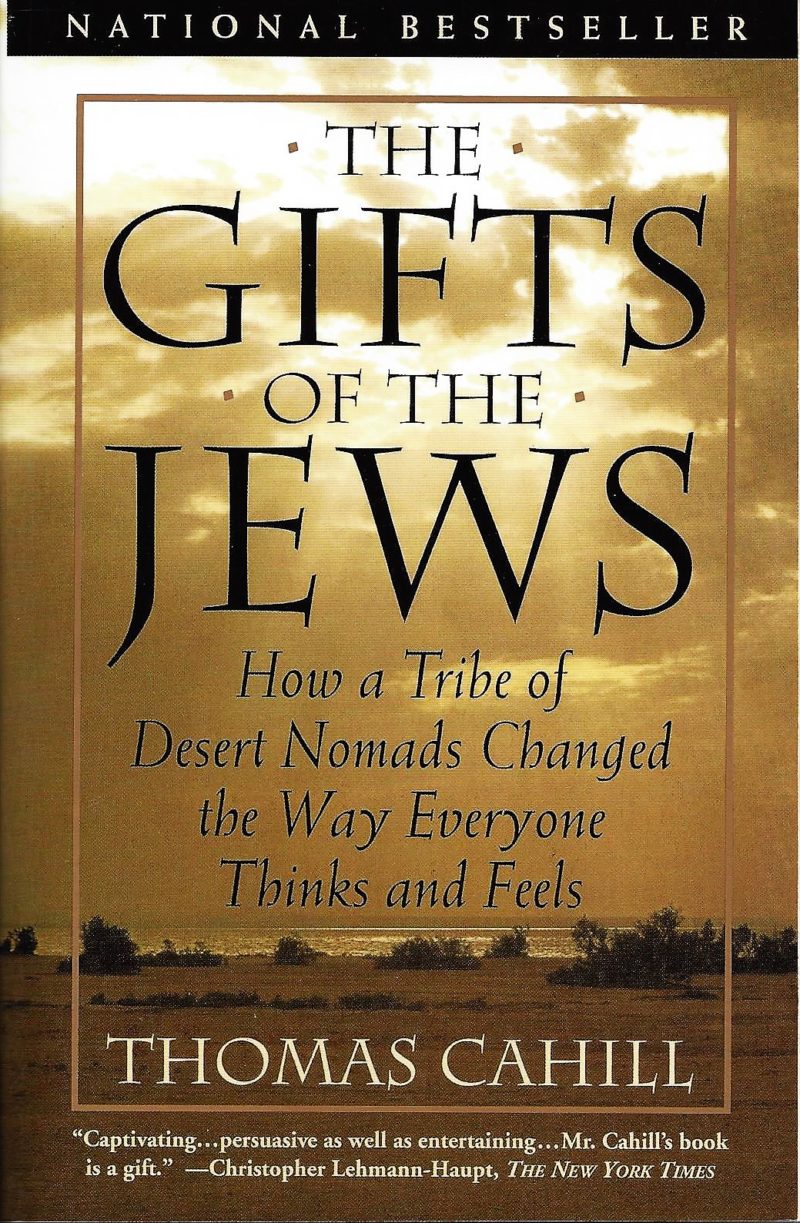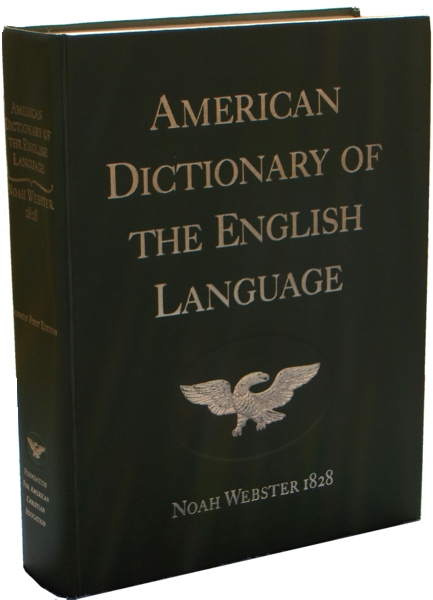In part 1 I argued that a new religion has taken root in the West, and it advances by redefining words — vacating them of their true meaning, and hijacking them to serve new purposes. This is a powerful tactic. We can already begin to see how the redefinition of a single word—marriage—is leading to massive social and cultural repercussions. But we are not talking about a single word. We are talking about an entirely new dictionary.
We could look, for example, at the word “love.” In the old dictionary, love meant to seek the greatest good of another person, even an enemy, and to take action accordingly, regardless of one’s feelings. In the new dictionary, love is nothing more than strong feelings or emotions.
In the old dictionary, freedom was defined as the ability to choose the good, right and true. In the new dictionary, freedom is defined as the ability to do anything I want, so long as it doesn’t harm anyone.
In the old dictionary, justice was defined as equal treatment regardless of race, sex or religion. In the new dictionary, justice is equal outcome, regardless of personal action or behavior.
Again, the new religion isn’t merely secular or atheistic. It needs to be understood as a toxic mix of postmodern relativism, Marxist social analysis and a Nietzschean will to power. All of this feeds into and supports the redefinition of words and language.
Postmodernist view of words
Take postmodernism, which holds that there is no objective, transcendent truth or reality. Reality is “constructed” though words and language. Words have no objective meaning, but only a meaning that individuals or groups bring to them. According to Os Guinness, “Postmodern philosophies have untethered words from any clear content, let alone objective meaning, and can be used in any way the speaker likes.” (Impossible People, p. 200) This is sometimes referred to as “deconstructionism,” a postmodern view of language championed by the philosopher Jacques Derrida (1930-2004) and concisely described in the ramblings of Alice in Wonderland’s Humpty Dumpty: “When I use a word, it means just what I choose it to mean—neither more nor less.” Winston Churchill observed: “words, which are on proper occasions the most powerful engines, lose their weight and power and value when they are not backed by fact or winged by truth.”
Add to this postmodern view of language an overlay of Marxist social analysis, which sees the world as a zero-sum competition between “victims” and “oppressors.” The “oppressors” use language to create a “reality” that is imposed upon so-called victims– often without them being aware of it– as a means of maintaining power and privilege. The “victims” can liberate themselves by “unmasking” these socially constructed realities. Today, this form of Marxist thought is widely taught on college campuses under the rubric “critical theory.” Critical theory studies have mushroomed in the English, history and social science departments of Western universities since the 1960s, completely replacing the older study of Western Civilization. I’ll have more to say on this in my next entry in this series.
Words are no longer about truth
Add to this the Nietzschean will to power, which seeks to manipulate or coerce others into using new definitions—even leveraging the power of the state as a means of attaining cultural supremacy. Now you begin to see the approach of the new religious orthodoxy towards language. Words are no longer a means of communicating truth. They are tools to control others, and ultimately to become master.
 As John Stonestreet reminds us, “there’s a long history detailing the manipulation of language for the purpose of social control. George Orwell described the process well in his book 1984. The language was forever being altered, “to make all other modes of thought impossible. … This was done partly by the invention of new words, but chiefly by eliminating undesirable words and stripping such words as remained of unorthodox meanings….’” (italics added).
As John Stonestreet reminds us, “there’s a long history detailing the manipulation of language for the purpose of social control. George Orwell described the process well in his book 1984. The language was forever being altered, “to make all other modes of thought impossible. … This was done partly by the invention of new words, but chiefly by eliminating undesirable words and stripping such words as remained of unorthodox meanings….’” (italics added).
The climax of Orwell’s dystopian masterpiece is an interrogation of the book’s protagonist, Winston, and the antagonist, O’Brian, an agent of “the Party.” It paints a disturbing picture of where this toxic new religion’s view of language leads:
O’Brian: Only the disciplined mind can see reality, Winston. You believe that reality is something objective, external, existing in its own right. You also believe that the nature of reality is self-evident. When you delude yourself into thinking that you see something, you assume that everyone else sees the same thing as you. But I tell you, Winston, that reality is not external. Reality exists in the human mind, and nowhere else.
And in another chillingly prophetic passage:
In the end the Party would announce that two and two made five, and you would have to believe it. It was inevitable that they should make that claim sooner or later: the logic of their position demanded it. Not merely the validity of experience, but the very existence of external reality, was tacitly denied by their philosophy. The heresy of heresies was common sense. And what was terrifying was not that they would kill you for thinking otherwise, but that they might be right. For, after all, how do we know that two and two make four? Or that the force of gravity works? Or that the past is unchangeable? If both the past and the external world exist only in the mind, and if the mind itself is controllable – what then?
Ideas have consequences. If you begin with the toxic presuppositions of the new religious orthodoxy, it will lead to the dystopian world of power and mind control that Orwell so presciently portrayed. But this need not be our future. There is, as the Bible says, “a more excellent way.”
We need to recover the biblical view of words
For Christians, it is vital that we be open-eyed and discerning about the destructive ways that language is being manipulated. To do this, we must recover a biblical lexicography. In his powerful 2004 essay in First Things, titled “Church as Culture,” Robert Louis Wilkens gets it exactly right: “We cannot be the Church if we lose our vocabulary and the conceptual framework that makes us Christian … Nothing is more needful today than the survival of Christian culture” (italics added).
Christian culture survives if we understand that words have objective meanings. These meanings are given by God as revealed in Scripture. God is not some impersonal cosmic force, but a person, and He speaks and reveals Himself to us. He is described this way in John 1:1: “In the beginning was the Word, and the Word was with God, and the Word was God.”
The written Word of God has come to us through the Jewish nation—through people like Abraham, Moses, Isaiah, Micah, Peter, John, Paul, and of course Jesus Himself. In his profound book, The Gifts of the Jews: How a Tribe of Desert Nomads Changed the Way Everyone Thinks and Feels, historian Thomas Cahill wrote these stirring words:
The Jews gave us a whole new vocabulary, a whole new Temple of the Spirit, an inner landscape of ideas and feelings that had never been known before … They gave us the Conscience of the West … [They] gave us the Outside and the Inside – our outlook and our inner life. We can hardly get up in the morning or cross the street without being Jewish. We dream Jewish dreams and hope Jewish hopes. Most of our best words, in fact – new, adventure, surprise; unique, individual, person, vocation; time, history, future; freedom, progress, spirit; faith, hope, justice – are the gifts of the Jews.
Words are gifts
These words are gifts—priceless gifts to the whole world. Yes, they were given through the Jewish people, but their ultimate source is God, “The Word” who became flesh and dwelt among us (John 1:14). This is why we are not free to redefine words like freedom, love, justice, and many more without serious consequence. Our task is to deeply understand the true meaning of words, and order our lives accordingly. Not only this, we need to speak the true meaning of words to the broader culture. In these trying times, this will lead to conflict, as it did for the Kleins, but we must follow their example. We must be gracious, kind, and compassionate, yet refuse to be silenced or pressured into going along with false definitions. There is probably no more powerful way of being salt and light at this moment in history.
God’s Word is the North Star that guides us into all truth. Jesus said “everyone on the side of truth listens to me (John 18:37).” Contra postmodern deconstructionism, words are not empty vessels to be filled with whatever meaning we wish. They are not tools to be manipulated to acquire power. Words are precious conveyers of reality. They need to be treasured, conserved, embodied, and passed down to future generations.
God spoke words to humans
God’s Word is the only sure foundation for free, flourishing societies. The church is the repository and steward of the truth. We contribute to building flourishing communities as we understand, and order our lives according to, the true meaning of words. This should begin in our families and churches, but also in our interaction in the public square. We have been blessed by God to be a blessing, and there is no more powerful way we do this than by how we use and embody language.
America’s founders understood this. Noah Webster, “the father of American education,” compiled the “American Dictionary of the English Language” in 1828 because he recognized that a nation of free people required a dictionary built “from the Bible up.” His dictionary contained a greater number of biblical definitions than any other reference volume before or since.
Over the years, as this toxic new religion has begun to displace Christianity at the center of the culture, biblical meanings have been eroded, and words have been redefined. A new foundation is being laid—word by word—a foundation for a culture that is already showing itself to be intolerant, uncivil, inhumane and tyrannical. For too long, Christians have stood by and allowed this to happen with little resistance—often uncritically adopting (and thus reinforcing) the new meanings. It is high time this come to an end. If we as followers of Jesus fail to steward the true meaning of words and language, who will? If we do nothing to resist this toxic new religion, how can we say that we love our neighbors? As Kelly Monroe Kullberg says, “Biblical truth and wisdom are the highest love for human beings.”
- Scott Allen









